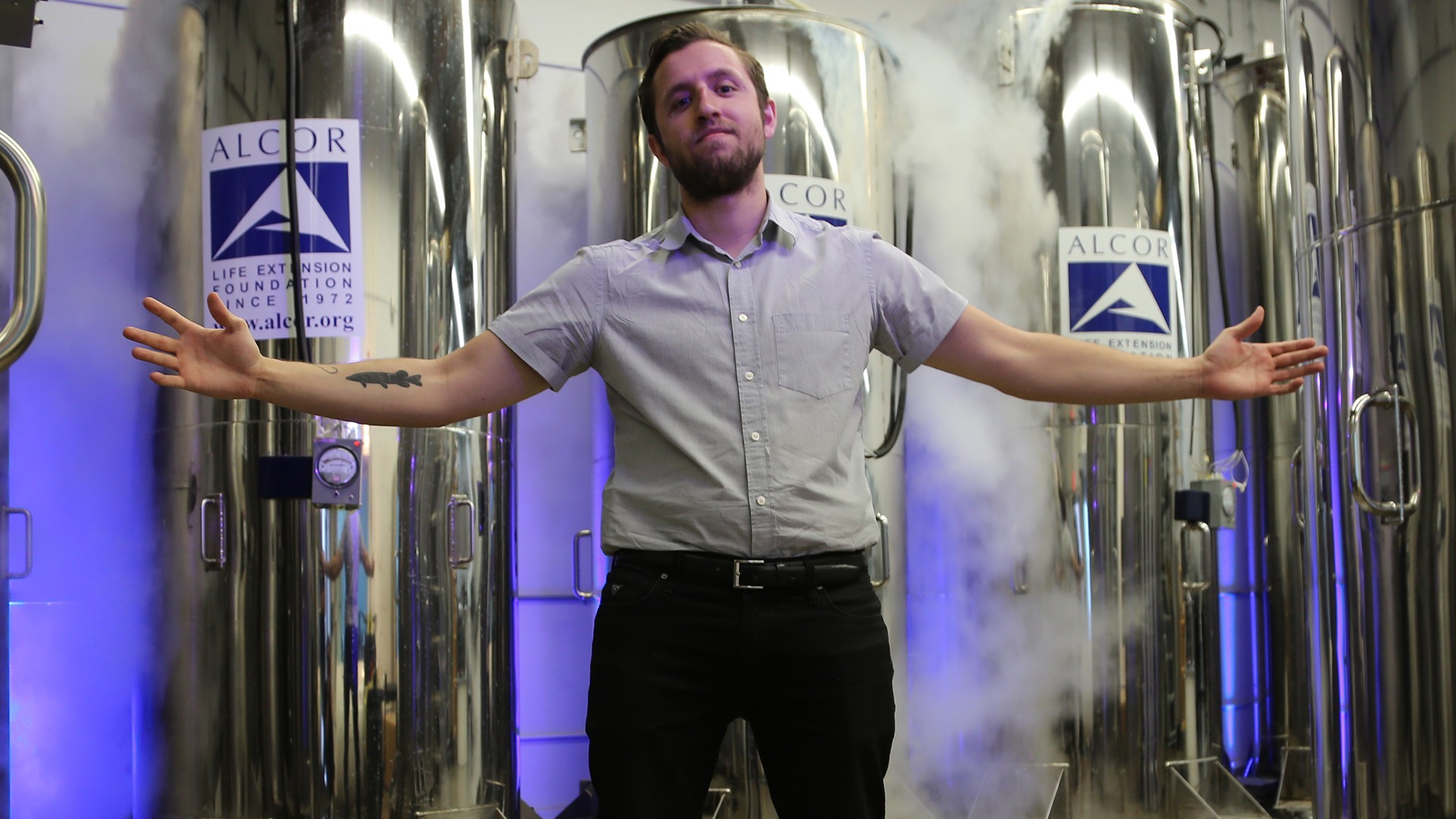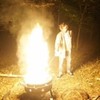Left: Theodore McCarrick. Photo by Chip Somodevilla/Getty Images. Right: Donald Wuerl. Photo via CBP/Wikimedia Commons
The Catholic Church might have trouble remembering, but rank-and-file Catholics don't.The only difficulty one might reasonably claim when it comes to remembering sex abuse by priests in America is the sheer amount there is to recollect. Close your eyes, and go back no further than 2018, perhaps the most spectacularly disastrous year—and certainly summer—for the Church in recent history. In June, Cardinal Theodore McCarrick became the highest-ranking clergyman ever removed from the Catholic ministry in the US over child sex abuse allegations. A month later, McCarrick, a former archbishop of Washington, DC, and confidant to Pope Francis, resigned from the College of Cardinals, the 224-person body that, among its other holy duties, votes on the next pope. According to a bombshell article in the New York Times that highlighted McCarrick's decades of alleged sexual abuse against both minors and seminarians, he declined to comment but said in a previous statement that he had no recollection of the abuse and believed in his own innocence. (Such statements have become a trope for powerful people accused of sexual violence in the era of #MeToo.)Meanwhile, in August, a Pennsylvania grand jury reported that at least 300 priests had abused 1,000-plus children in a 70-year span in just some of that state's dioceses. The months since have seen the Church scrambling to address allegation after allegation of abuse, cover-up, and despair.Yet somehow, even as the Vatican has shown the occasional sign of finally taking this nightmare seriously, Cardinal Donald Wuerl, McCarrick's successor as the archbishop of Washington, has decided to play the bad memory card, too.

In October, Cardinal Wuerl resigned from his post in DC following backlash over the Pennsylvania report—it claimed he was one of the priests who covered up abuse while running the show in Pittsburgh. The previous August, he had asserted that, while serving as the bishop in that city, he knew nothing about accusations of relationships between McCarrick and other priests.However, this past week, Robert Ciolek—a former priest who won a settlement with Church dioceses in New Jersey and had long before reported McCarrick for misconduct—told the Washington Post that he had recently seen evidence that Wuerl knew, and actually informed the Vatican about McCarrick, as early as 2004. Vatican officials confirmed this to the paper, but next came the defense anyway: The Archdiocese of Washington and the Diocese of Pittsburgh both insisted they were protecting Ciolek's confidentiality, with the former arguing that Wuerl's comment had not been deliberately "imprecise"—that his denial had been referring, in particular, to knowledge of McCarrick abusing minors, not him pursuing adult seminarians. In response to that statement, the Post's Editorial Board argued, straight up, that Wuerl lied: "The cardinal’s comments last summer were unequivocal," the paper wrote. "In response to a broad question about 'long-standing rumors or innuendos' posed by a reporter for the archdiocesan newspaper Catholic Standard, he said, 'I had not heard them' before or during his tenure in Washington. That was untrue."Like McCarrick's evasive excuse, Wuerl's—which he himself provided Tuesday, in what one could only assume was a carefully crafted letter to his archdiocese's priests—emerged as another childish justification, though it did come with a concession."It is important for me to accept personal responsibility and apologize for this lapse of memory," he wrote in that letter, before hedging slightly: "There was never the intention to provide false information."So he's apologizing, but not for his judgement or apparent lies, but rather for his poor cognitive functions."It's lacking in truth and substance," Ciolek told the Post, while noting how genuinely regretful Wuerl seemed, or at least claimed to be. "I do not believe for one moment that he forgot."
Advertisement

In October, Cardinal Wuerl resigned from his post in DC following backlash over the Pennsylvania report—it claimed he was one of the priests who covered up abuse while running the show in Pittsburgh. The previous August, he had asserted that, while serving as the bishop in that city, he knew nothing about accusations of relationships between McCarrick and other priests.However, this past week, Robert Ciolek—a former priest who won a settlement with Church dioceses in New Jersey and had long before reported McCarrick for misconduct—told the Washington Post that he had recently seen evidence that Wuerl knew, and actually informed the Vatican about McCarrick, as early as 2004. Vatican officials confirmed this to the paper, but next came the defense anyway: The Archdiocese of Washington and the Diocese of Pittsburgh both insisted they were protecting Ciolek's confidentiality, with the former arguing that Wuerl's comment had not been deliberately "imprecise"—that his denial had been referring, in particular, to knowledge of McCarrick abusing minors, not him pursuing adult seminarians. In response to that statement, the Post's Editorial Board argued, straight up, that Wuerl lied: "The cardinal’s comments last summer were unequivocal," the paper wrote. "In response to a broad question about 'long-standing rumors or innuendos' posed by a reporter for the archdiocesan newspaper Catholic Standard, he said, 'I had not heard them' before or during his tenure in Washington. That was untrue."
Advertisement
In the end, Wuerl's tactic is the shrugging off of responsibility, and by not taking blame, even in his comparatively less severe wrongdoing—he didn't, after all, directly do any of this, nor did he keep it to himself, per se—Wuerl set a poor example for other Church leaders who will, inevitably, be asked similar questions in the next few months and beyond. When he resigned as archbishop, Pope Francis accepted, but not, according to the New York Times, without holding "him up as a model for the future unity of the Roman Catholic Church." The pope also allowed him to remain in place until a successor was found.But Wuerl should not be the pope's shining example—or anyone's. Francis should encourage powerful priests who lied or misled to own up to it. Particularly in light of the dwindling trust the flock has of its establishment: A recent Gallup poll found that the percentage of Catholics with "a 'high' or 'very high' opinion of the honesty and ethical standards of clergy members" dropped 18 percent between 2017 and 2018—from 49 percent to 31.As if on cue, on Wednesday, the first details finally emerged about the Vatican's much-hyped summit in February, where 100 or so powerful bishops will gather with the pope to address the Church's ongoing sexual abuse crisis. It will include, judging by a press release, "plenary sessions, working groups, moments of common prayer, listening to testimonies, a penitential liturgy, and a final Eucharistic celebration."I would urge all attending to take good notes—should they return home, and, you know, just forget everything.Sign up for our newsletter to get the best of VICE delivered to your inbox daily.Follow Alex Norcia on Twitter.
